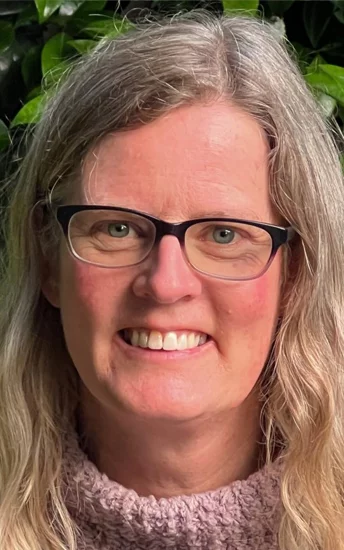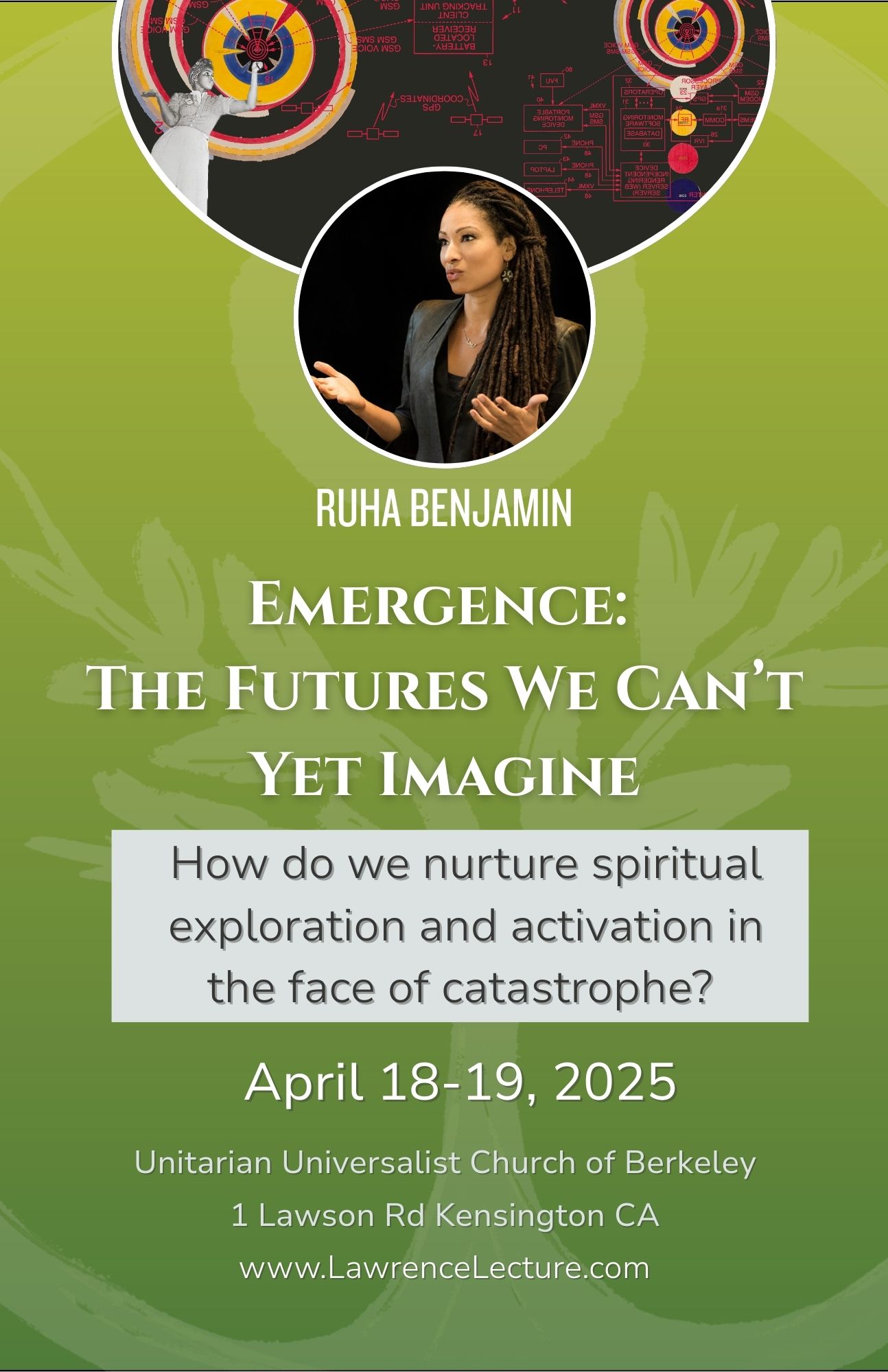Starr King Receives Grant for Climate Crisis Conference
Starr King School for the Ministry is a proud recipient of a Climate Science in Theological Education grant from the American Association for the Advancement of Science (AAAS) Dialogue on Science, Ethics, and Religion (DoSER) program. Rev. Dr. Sheri Prud’homme, Associate Professor of Religion and Education at Starr King, headed the project to seek support in integrating the realities of climate collapse and interrelated systemic global injustices into the heart of our courses in religious education and faith development.
The current climate crisis calls for innovative approaches to religious education and faith development in congregations and other organizations of sacred activism. To grow our communities’ spiritual and relational capacities to face the impacts of climate catastrophes with care for all and to heed the call to transform our social and economic systems to something more just and sustainable very quickly are among the central challenges of our time.” – Rev. Dr. Sheri Prud’homme
These funds have allowed us to partner with the Unitarian Universalist Church of Berkeley and the Visioning Multigenerational Futures Collective of the Pacific Western Region of the Unitarian Universalist Association to hold a hybrid conference to empower current students, alumni, and faith leaders both lay and ordained to engage the implications of the climate crisis in their approaches to religious education in the broadest sense.

Rev. Dr. Sheri Prud’homme
Emergence: The Futures We Can’t Yet Imagine
The “Emergence: The Futures We Can’t Yet Imagine” conference with keynote speaker Dr. Ruha Benjamin is on April 18-19, 2025 at the Unitarian Universalist Church of Berkeley. The keynote address will be livestreamed followed online by an integration session led by Starr King students in the Advanced Topics in Religious Education Class, Nina Kuzniak and Alayna Benson.
In-person programming will begin on the evening of Friday, April 18 with a sunset spiritual gathering and dinner. Attendees will gather for breakfast on Saturday, April 19 followed by a presentation and dialogue with keynote speaker Dr. Ruha Benjamin. Lunch will feature a simple, delicious meal made from mostly after-market foods gleaned from farms and specialty food stores, under the direction of Starr King student Erica Crystal Jade. Various workshops will be available in the afternoon, two of which will be led by other Starr King students in the Advanced Topics in Religious Education Class – Rose Gallogly and Evan Allen, and a closing worship will weave it all together.
For more information and to register, visit: uucb.org/LawrenceLecture
Keynote Speaker
Dr. Ruha Benjamin is a brilliant internationally recognized interdisciplinary scholar, writer, and speaker whose work examines the relationship between innovation and inequity, knowledge and power, health and justice. She is also an award-winning author of “Race After Technology: Abolitionist Tools for the New Jim Code” (2019), “Viral Justice: How We Grow the World We Want” (2022), and “Imagination: A Manifesto” (2024), among many other publications.

AAAS and DoSER
The American Association for the Advancement of Science (AAAS) is the world’s largest general scientific society and publisher of the Science family of journals. The nonprofit is open to all and fulfills its mission to “advance science and serve society” through initiatives in science policy, international programs, science education, public engagement, and more. Building upon its mission, AAAS established the Dialogue on Science, Ethics, and Religion (DoSER) program in 1995 to facilitate communication between scientific and religious communities. For the latest information and news about AAAS DoSER and the Climate Science in Theological Education project, visit AAAS.org/DoSER, ScienceReligionDialogue.org, and ScienceforSeminaries.org.
The CSTE Project
The Climate Science in Theological Education initiative is a project of the AAAS DoSER program. The project provides grants to seminaries to engage climate science and climate change in the context of theological education and ministry. Integrating science into seminary education and events will encourage interest within seminaries and surrounding communities about the relevance of science to theological education, and will produce a growing number of religious leaders equipped to help their congregants find answers to science-related questions.
